?
Sewing machines are essential tools for anyone interested in stitching, sewing, or creating their own garments and crafts. To ensure their optimal performance and longevity, proper maintenance is crucial. One common question many sewing machine owners have is whether they should oil their machines. Let’s explore this topic in detail.
Why ?
Oiling your sewing machine is necessary to keep it running smoothly. Over time, the moving parts of the machine, such as the gears, levers, and springs, can become dry, causing them to get stuck or move rigidly. Regular oiling helps reduce friction, preventing wear and tear on these components and facilitating smooth operation.
When ?
The frequency of oiling your sewing machine depends on how often you use it. Generally, it is recommended to oil your machine after every 8 to 10 hours of sewing time. If your sewing machine is used more frequently or for heavy-duty projects, it may require more frequent oiling. Refer to your machine’s manual for specific oiling instructions.
How Do I Oil My Sewing Machine?
Follow these steps to properly oil your sewing machine:
- Refer to your machine’s manual: Different sewing machines have varying oiling points and requirements. Read the manual carefully to locate the specific areas that need oiling and the type of oil recommended by the manufacturer.
- Prepare your machine: Before oiling, ensure that your machine is turned off and unplugged to avoid any accidents. Additionally, remove any fabric, needle, or bobbin.
- Clean the machine: Use a brush to remove any lint, dust, or debris from the machine, especially in the areas you are planning to oil.
- Apply oil: Using a small sewing machine oiler or a clean, lint-free cloth, apply a drop or two of oil to the designated oiling points as indicated in the manual. Avoid over-oiling, as excessive oil can lead to difficulties in stitching, such as oil stains on fabrics.
- Rotate the handwheel: With the machine still turned off and unplugged, manually rotate the handwheel back and forth to distribute the oil evenly and allow it to penetrate the moving parts.
- Clean any excess oil: Wipe off any excess oil with a clean cloth to prevent it from accumulating on the surface of your machine.
What Type of Oil Should I Use?
Using the right type of oil is crucial to maintain your sewing machine’s performance. Sewing machine oil is specifically designed to be lightweight and non-greasy, ensuring smooth operation without attracting dust or lint. Most sewing machine manufacturers recommend using clear, high-quality sewing machine oil. Avoid using general-purpose oils or lubricants, as they can leave residues or damage the machine.
Conclusion
Oiling your sewing machine is an essential part of regular maintenance. Proper lubrication helps prevent issues such as excessive noise, thread breakage, or skipped stitches. By following the manufacturer’s instructions and properly oiling your machine, you can enjoy smooth and hassle-free sewing sessions while extending the life of your valuable sewing companion.
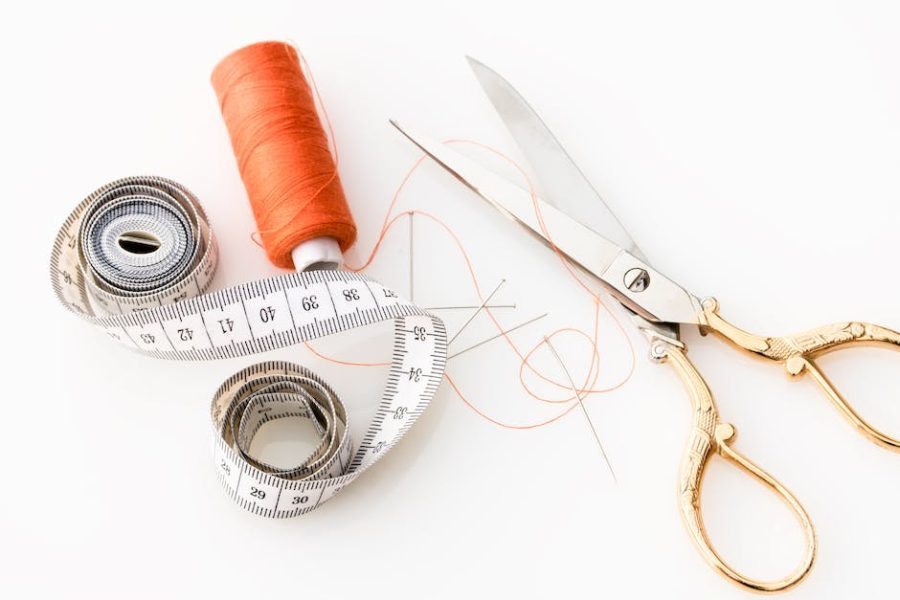
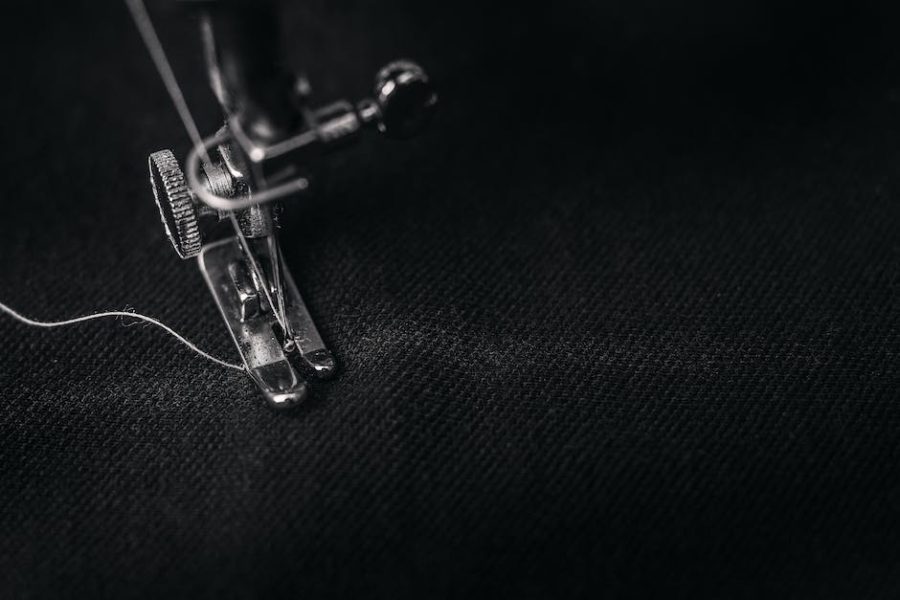
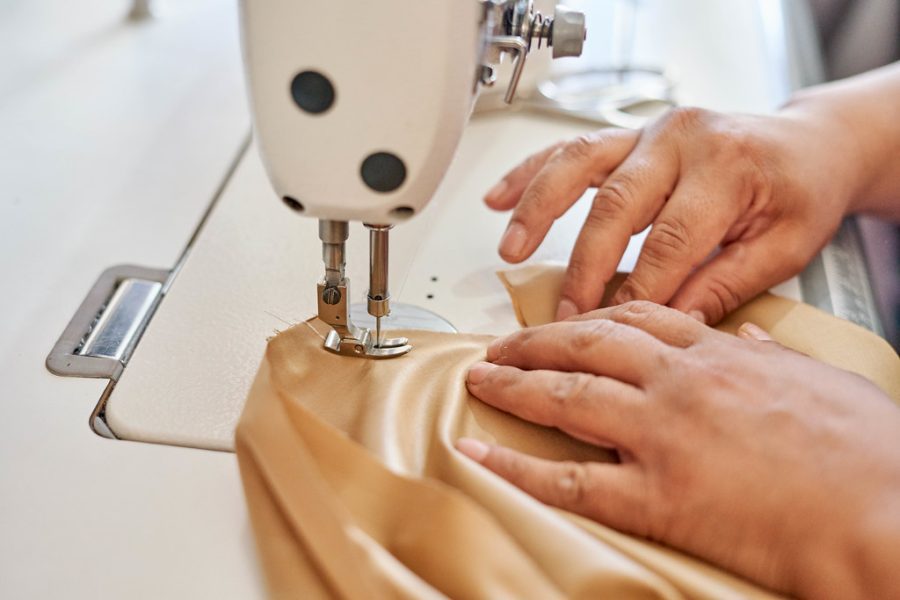
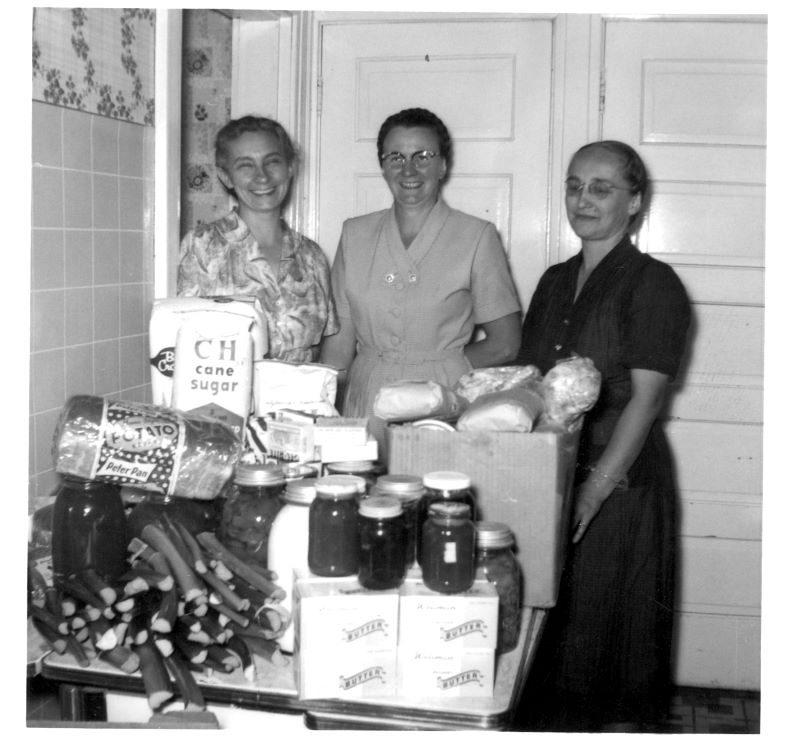
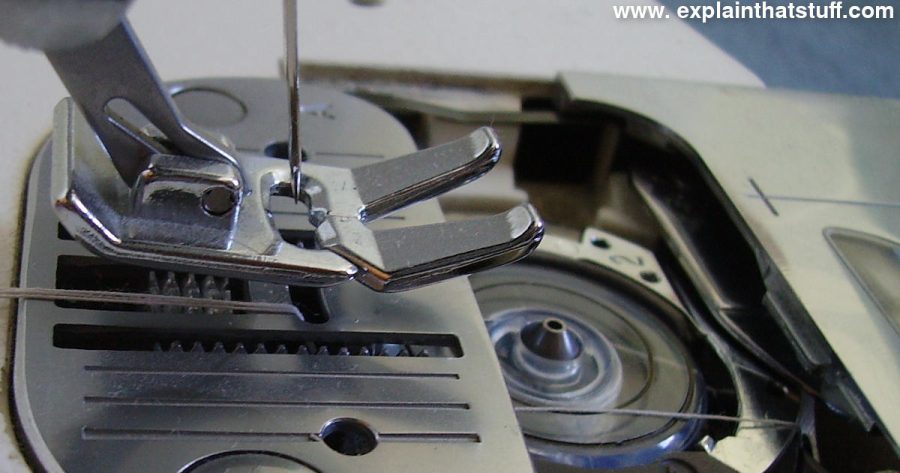
Yes, you should oil your sewing machine on a regular basis to keep it running smoothly and in a good condition, and to make sure your fabric runs through it without snagging or bunching up.
Luke Vinton: You bet! Oiling is important for keeping the parts of your machine in top-notch shape and runs the risk of being damaged if ignored. #TakeCareofYourSewingMachine! #SewingTips
Siyona Jhaveri: Definitely! Oiling it regularly will help you use your sewing machine for years to come and keep it running in its best condition. Plus it’ll help you to easily sew your fabric without skips, thread breakage, and snags.
Absolutely! Make sure to regularly oil your sewing machine to enjoy a smooth, hassle-free sewing experience. Plus, it’ll help your sewing machine last longer. 😉
Absolutely – regularly oiling your sewing machine will not only make it run more smoothly, but it will also ensure that it lasts longer! #SewingTips #KeepYourMachineInTopShape